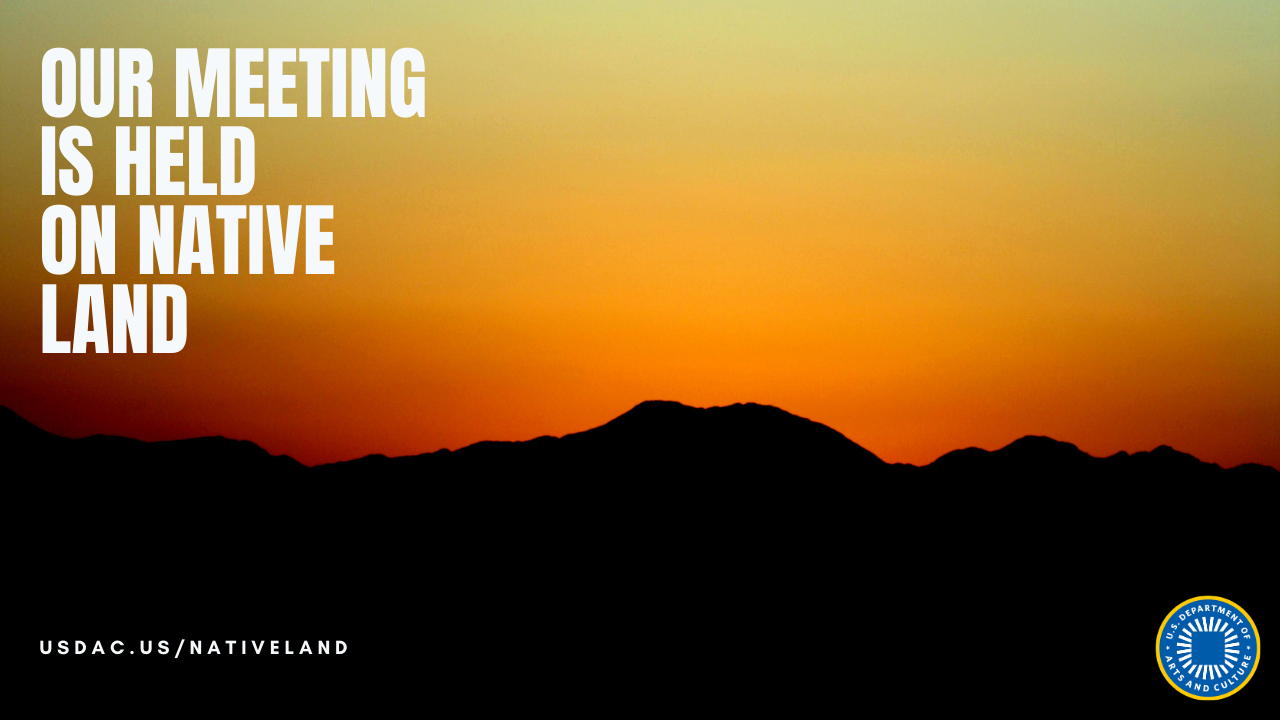On Land Acknowledgments
Dec 06, 2020
What is the purpose of the land acknowledgment?
I want to stand against colonialization. And yet something has been stirring anger in me when I hear land acknowledgments, and I think this is why:
1. Is this a legal statement? If so, then isn't the speaker currently benefitting from a deed or lease that is illegal? If this were a serious legal statement, then I don't understand why the speaker would continue to occupy the space illegally.
2. Is this an historical statement? If so, then wouldn't the story be a little longer than the name of one or two tribes? I suppose it's possible that the tribe(s) named were the first people to ever live on the land, I imagine a true history would be a little more complicated than that.
3. Is the purpose of the statement to say something about the speaker? To make a statement about who you are? Is this an attempt to state that the speaker is against colonization? If this is the purpose, then wouldn't it take a lot more action to seriously stand against colonization? Does a statement here and there do anything to change policy? As Ibram Kendi pointed out in his book How to be an Antiracist, a statement makes no change in the real world. It changes nothing.
4. Is the true purpose of this statement to absolve the speaker of guilt? If none of the above are the purpose, is this the only thing left?
5. Why are these statements made in the passive voice? Passive sentences do not name who the actor is, they just state that "stuff happened." If the speaker cares about justice, why not name precisely who stole the land? Why not name that as the speaker makes the statement, by definition, the speaker continues the colonization process?
6. Might there be a more effective way to either (1) bring about justice in the current world, or (2) let people know who you are?
If the speaker is dedicated to ending colonization, would it be more effective to declare the actions the speaker has taken to end colonization, take personal responsibility by naming that the speaker is continuing the colonization, and/or call the listener to action to join the movement?
If the speaker is trying to tell the audience who they are, could we come up with a more effective statement that would truly unite a field of consciousness, rather than have the pretty serious challenges I just mentioned about the way this statement is used?
Again, I stand against colonialization and oppression. This piece is not written so that anyone will stop caring about the issue, but so we can more deeply consider doing more.
I'd love to hear feedback about these ideas. I haven't heard these issues laid out like this anywhere else, and I am interested in all forms of expression and input around what I'm saying here. Thank you for your attention.
SUBSCRIBE FOR WEEKLY LIFE LESSONS
Lorem ipsum dolor sit amet, metus at rhoncus dapibus, habitasse vitae cubilia odio sed.
We hate SPAM. We will never sell your information, for any reason.
